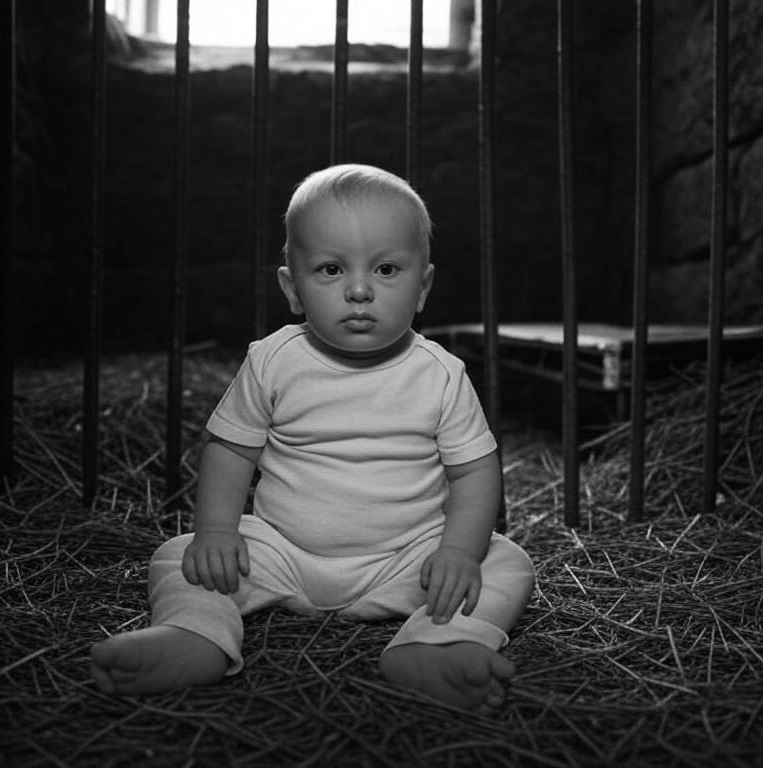MONTGOMERY, Ala. — Alabama lawmakers are advancing a controversial bill that would require 16- and 17-year-olds charged with murder or capital murder to be tried as adults, a move critics argue will worsen the state’s already dire prison crisis.
House Bill 146, sponsored by Rep. Phillip Pettus, R-Killen, removes judicial discretion to grant youthful offender status in such cases. The bill passed the House Public Safety and Homeland Security Committee this week along party lines and now heads to the full House for consideration.
“This just says the hearing to grant you youthful offender [status] or not would not be eligible for murder,” Pettus said during the committee hearing Tuesday.
Opponents of the bill point to Alabama’s overcrowded and violent prison system as a key reason to reject the legislation. The state’s prisons are operating at 170% of their design capacity, according to federal data, with assaults between inmates rising by more than 41% in 2023 alone. Critics argue that placing teenagers in such environments could have devastating consequences.
“Imagine a 16-year-old that’s 125 pounds and doesn’t know how to deal with conflict now being sent to prison with grown men that have been in there for 30 years,” said Rep. TaShina Morris, D-Montgomery, during the hearing.
Rep. Thomas Jackson, D-Thomasville, echoed these concerns, questioning whether incarceration is truly an effective solution. “You don’t fix crime by putting people in prison; you prevent crime by educating them,” Jackson said.
Under current Alabama law, individuals under 21 can apply for youthful offender status, which focuses on rehabilitation rather than punishment. This status often results in reduced sentences and sealed records. HB146 would eliminate this option for teens charged with murder or capital murder.
Rep. Jeremy Gray, D-Opelika, raised concerns about how the bill could unfairly punish teens who did not commit murder themselves but were present during a crime. “One person murders someone, but there’s four people in the car. Usually, when that happens, they all get charged with murder,” Gray said.
Alabama already has one of the highest incarceration rates in the world, with Black Alabamians disproportionately affected. Despite making up only 27% of the state’s population, Black residents account for more than half of its prison population Critics argue that HB146 will only deepen these disparities.
The U.S. Supreme Court has repeatedly emphasized the developmental differences between juveniles and adults in landmark cases like Miller v. Alabama. “[T]he features that distinguish juveniles from adults also put them at a significant disadvantage in criminal proceedings,” Justice Elena Kagan wrote in the majority opinion for Miller.
As Alabama continues to grapple with its prison crisis, many advocates are calling for reforms that focus on rehabilitation rather than punitive measures. “Locking them up and throwing away the key” is not a solution, Jackson said during Tuesday’s debate.

